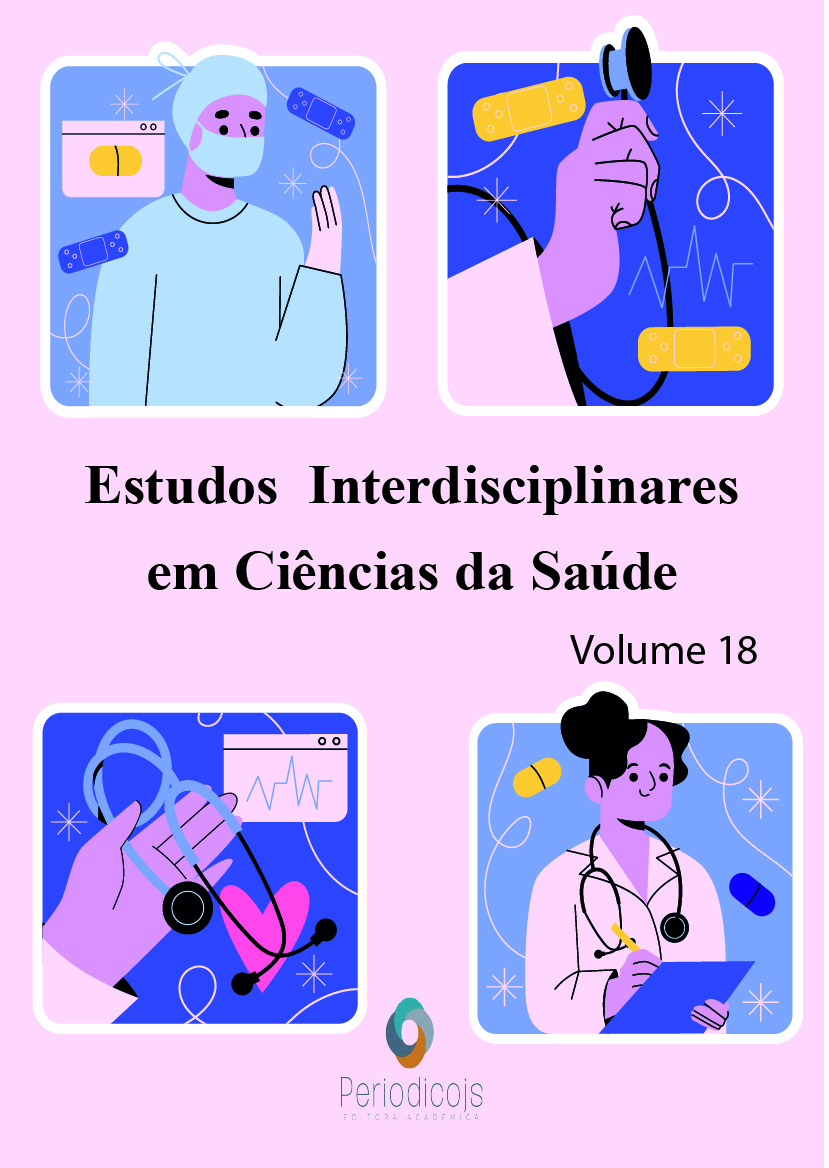Resumo
O Transtorno do Espectro Autista (TEA) é uma condição neurológica complexa que afeta o desenvolvimento da comunicação, interação social e comportamento. O manejo do TEA envolve uma abordagem multidisciplinar para melhorar a qualidade de vida dos pacientes e suas famílias. Este estudo tem como objetivo revisar e explorar as evidências mais recentes sobre o manejo do TEA, destacando as perspectivas atuais e futuras no tratamento e acompanhamento desses indivíduos, destacando abordagens terapêuticas e estratégias de intervenção eficazes e analisar também as abordagens terapêuticas mais eficazes, os desafios enfrentados pelos profissionais de saúde e as estratégias para promover uma melhor qualidade de vida para as pessoas com TEA. A metodologia do trabalho em questão trata-se de uma revisão bibliográfica, de método exploratório, utilizando de premissas qualitativas, usando as bases de dados da PubMed, Scopus, Web of Science, SciELO e Revista Brasileira de Ginecologia e Obstetrícia, com um recorte temporal entre os anos de 2014 e 2020. Além disso, foram utilizados os descritores em saúde “transtorno do espectro autista” e “manejo de pacientes com autismo”. O manejo do TEA envolve uma variedade de intervenções, incluindo terapias comportamentais, educacionais e médicas. Terapias comportamentais, como a Análise Comportamental Aplicada (ABA), são amplamente utilizadas para melhorar as habilidades de comunicação e comportamento social em crianças com TEA. Intervenções educacionais baseadas em princípios de aprendizagem específicos para autismo também são fundamentais para ajudar os indivíduos com TEA a desenvolver habilidades acadêmicas e sociais. Além disso, a terapia ocupacional e a terapia da fala podem ser utilizadas para melhorar as habilidades motoras e de comunicação. No campo médico, o manejo do TEA inclui o uso de medicamentos para tratar sintomas associados, como hiperatividade, agressividade e ansiedade. No entanto, a eficácia desses medicamentos varia de pessoa para pessoa e deve ser cuidadosamente monitorada. O manejo do Transtorno do Espectro Autista é complexo e requer uma abordagem multidisciplinar. A combinação de terapias comportamentais, educacionais e médicas pode melhorar significativamente a qualidade de vida dos indivíduos com TEA e ajudá-los a alcançar seu potencial máximo. Futuras pesquisas devem continuar a explorar novas abordagens terapêuticas e estratégias de intervenção para melhorar os resultados para aqueles com TEA.
Referências
GALVÃO TF, PANSANI TSA, HARRAD D. Principais itens para relatar Revisões sistemáticas e Metanálises: A recomendação PRISMA. Epidemiol Serv Saúde. 2015;24(2).
MAIA FA, ALMEIDA MTC, ALVES MR, BANDEIRA LVS, SILVA VB, NUNES NF, et al. Autism spectrum disorder and parents’ age: A case-control study in Brazil. Cad Saúde Pública. 2018;34(8):e00109917.
KRÜGER GR, GARCIAS LM, HAX GP, MARQUES AC. O efeito de um programa de atividades rítmicas na interação social e na coordenação motora em crianças com transtorno do espectro autista. Rev Bras Ativ Fís Saúde. 2019;23(1):1-5.
BHAT AN. Is Motor Impairment in Autism Spectrum Disorder Distinct From Developmental Coordination Disorder? A Report From the SPARK Study. Phys Ther. 2020;100(4):633-44.
ROCHA CC, SOUZA SMV, COSTA AF, PORTES JRM. O perfil da população infantil com suspeita de diagnóstico de transtorno do espectro autista atendida por um Centro Especializado em Reabilitação de uma cidade do Sul do Brasil. Physis. 2019;29(4):1-20.
GABATZ RIB, SCHWARTZ E, MILBRATH VM. O interacionismo simbólico no estudo da interação da criança institucionalizada com seu cuidador. Invest Qualitat Saúde [Internet]. 2016; [cited 2024 mar]; 2:366-75. Available from: https://proceedings.ciaiq.org/index.php/ciaiq2016/article/view/773
MEIMES MA, SALDANHA HC, BOSA CA. Adaptação materna ao transtorno do espectro autismo: relações entre crenças, sentimentos e fatores psicossociais. Psico (Porto Alegre) [Internet]. 2015 Oct/Dec; [cited 2024 mar]; 46(4):412-22. Available from: http://pepsic.bvsalud.org/pdf/psico/v46n4/02.pdf» http://pepsic.bvsalud.org/pdf/psico/v46n4/02.pdf
ZANON RB, BACKES B, BOSA CA. Identificação dos primeiros sintomas do autismo pelos pais. Psic Teor Pesq [Internet]. 2014 Jan/Mar; [cited 2024 mar]; 30(1):25-33. Available from: http://www.scielo.br/scielo.php?script=sci_arttext&pid=S0102-37722014000100004» http://www.scielo.br/scielo.php?script=sci_arttext&pid=S0102-37722014000100004
GUARESCHI T, ALVES MD, NAUJORKS MI. Autismo e políticas públicas de inclusão no Brasil. J Res Spec Educ Needs [Internet]. 2016; [cited 2024 mar]; 16(1):246-50. Available from: https://onlinelibrary.wiley.com/doi/epdf/10.1111/1471-3802.12286
YU TY, CHOU W, CHOW JC, LIN CH, TUNG LC, CHEN KL. IQ discrepancy differentiates levels of fine motor skills and their relationship in children with autism spectrum disorders. Neuropsychiatr Dis Treat. 2018;14(1):597-605.

